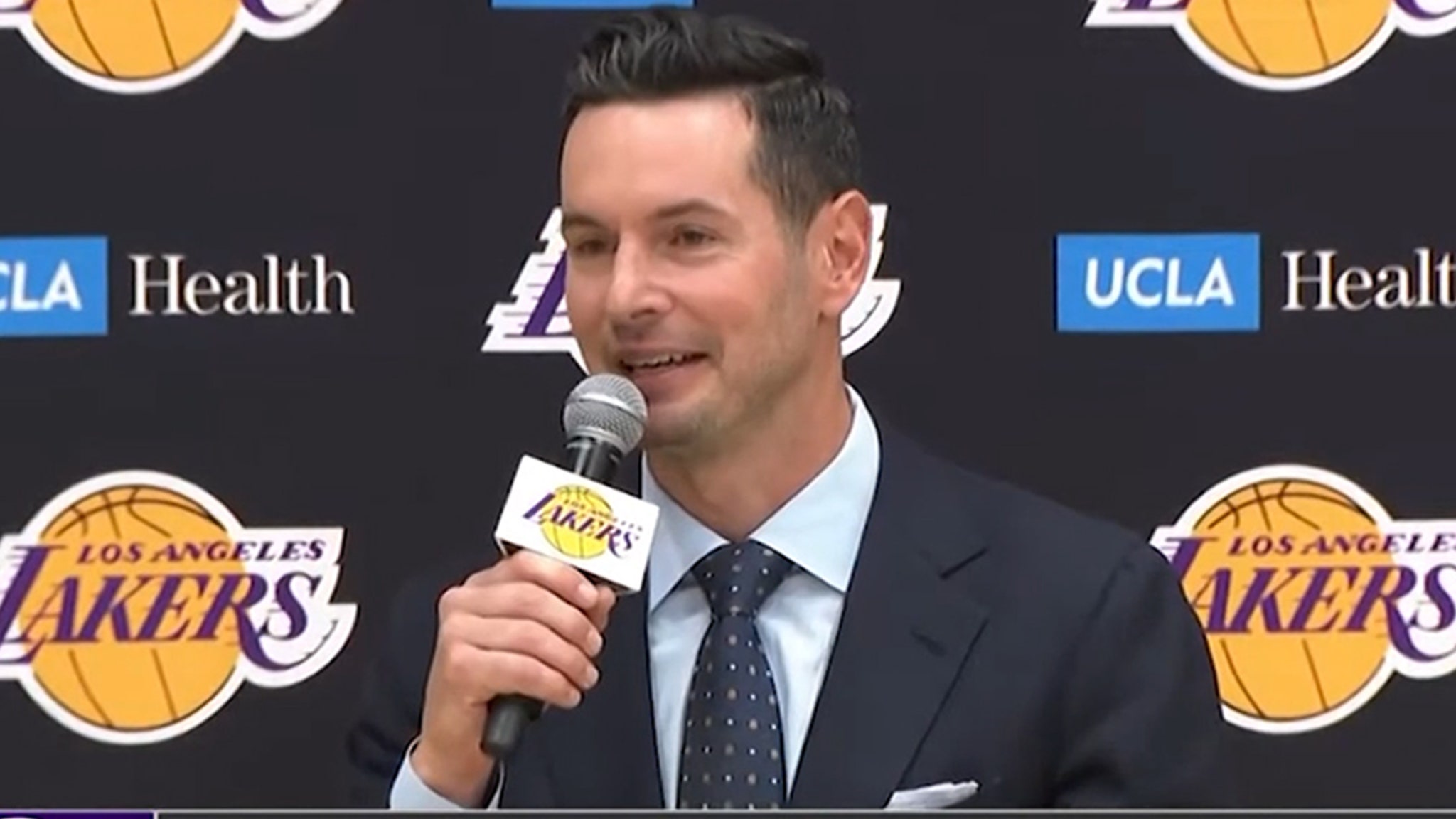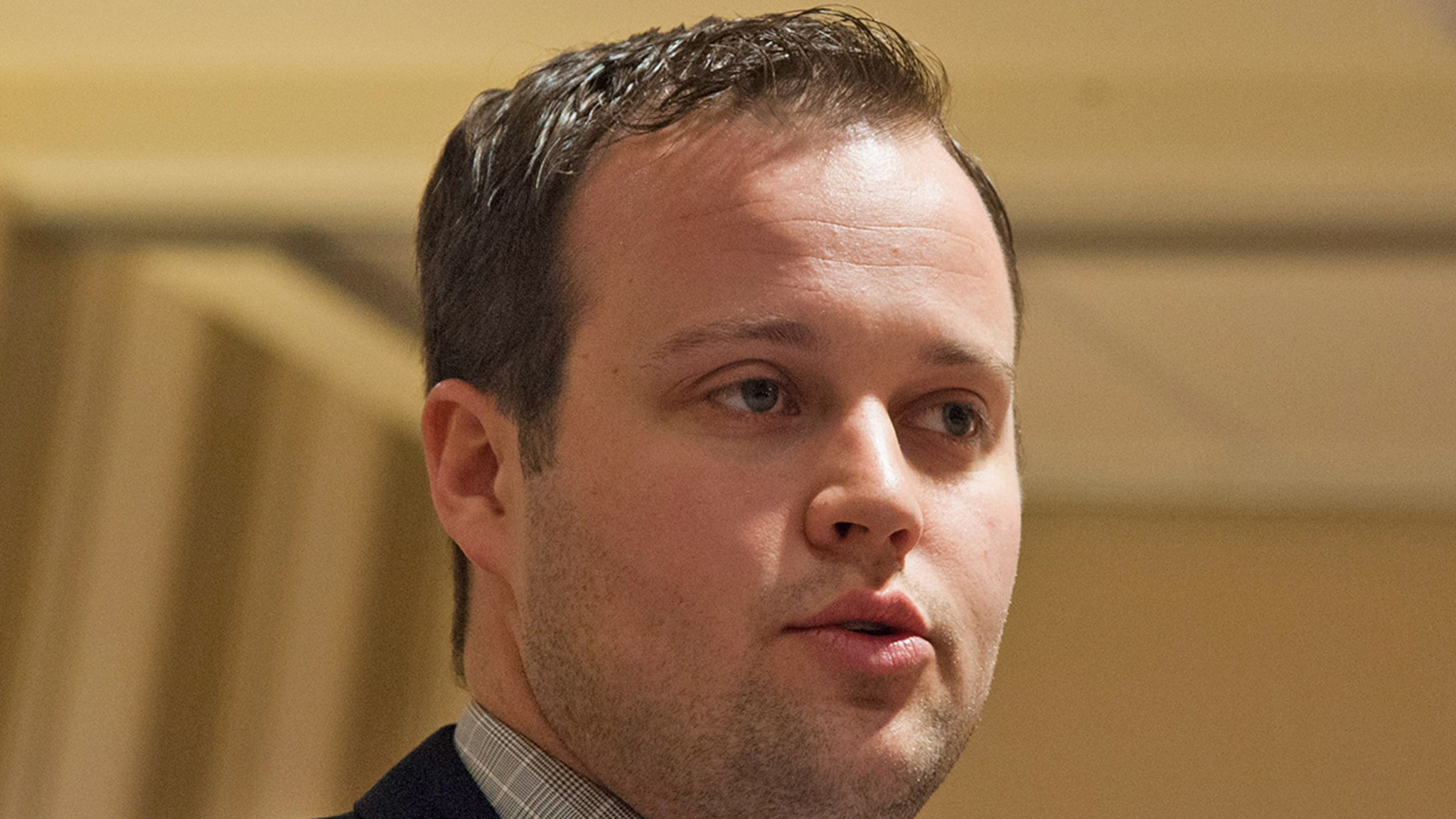Culture
On Bloomsday, Celebrating ‘Ulysses’ and Female Creativity

The mayor of Derry gave a speech. The first and deputy ministers of Northern Ireland took to the stage. All were women, and all were in the city on Thursday to celebrate the opening of Yes festival, an ode to female artists and creativity that also rounds off a two-year celebration of the 100th anniversary of the publication of “Ulysses,” James Joyce’s sprawling, encyclopedic novel.
“Ulysses,” which Joyce modeled on Homer’s “Odyssey,” is devoted mostly to the ruminations and actions of men — the protagonist Leopold Bloom, his friend Stephen Dedalus and a variety of Dublin characters — as Leopold traverses the city on a single day, June 16.
But it’s Leopold’s wife, Molly Bloom, who gets the novel’s last word in the final episode, “Penelope.” Or rather, the last 22,000 words, which conclude with the phrase “yes I said yes I will Yes.”
This year, that monologue — a stream-of-consciousness meditation on love, sex, marriage, bodies, men and more — is the inspiration for the Yes festival and its final flourish, Molly Bloomsday, which reimagines Bloomsday, the annual re-enactment of Leopold’s wanderings by “Ulysses” devotees.
Starting at 8 a.m. on Sunday and ending in the early hours of Monday morning, audiences will crisscross the border between Derry and Donegal in the Republic of Ireland, for a day of performances, parades, dances, poetic meanderings and meals that refer to the 18 episodes of the novel.
“This is the approachable introduction to Joyce,” said Sophie Muzychenko, a Ukrainian filmmaker, on Thursday as she introduced the first segment of her project “The Molly Films.” It featured Fiona Shaw performing the opening sentence of the monologue — which takes 23 minutes. (Harriet Walter, Siobhan McSweeney and Adjoa Andoh enact other sections.) “Every woman can find herself in this character,” Muzychenko added.
Later in the day, at the mayoral reception at the city hall, three of the festival’s curators discussed the event onstage. “This is the first all-female festival in Ireland,” Martina Devlin said. “It’s one of those ideas that make you wonder, why has this never happened?”
The idea was born when Sean Doran and Liam Browne, who have produced a number of imaginative, ambitious festivals focused on Irish writers, first conceived of a Pan-European celebration of Joyce’s novel, which became the Ulysses European Odyssey. The project consisted of public works in 18 cities (to correspond to Joyce’s 18 episodes in “Ulysses”) including Athens, Zurich and Paris, inspired by the novel.
“We knew from the beginning that Molly’s episode was the one we had to rise to in some extraordinary way,” Doran said in an interview at a hotel overlooking Ebrington Square, a former British military barracks currently hosting “The Molly Bed,” an installation by Tracey Lindsay featuring a voluptuous, recumbent female form.
“It’s the episode in which Joyce’s language moves to an intensity, a fluidity and an extremity that goes beyond even the extraordinary technique of the previous chapters,” he said.
Browne and Doran decided that the final installment of the Ulysses project would be a Molly-inspired festival. And instead of taking place in Dublin, it would happen in Derry and Donegal, across the border, to emphasize the idea of community. “The monologue is a dazzling inspiration to sprinkle the city and its natural hinterland, which is the northern part of Donegal, with magic dust and bring together people who might never normally mix,” Doran said.
There was just one obstacle to creating a festival about female creativity, he added: “Unfortunately we are men.”
They commissioned Muzychenko to create “The Molly Films,” and hired female curators to create a robust program, including talks and discussions about female leadership, climate and media; exhibitions by female artists from the 16 countries involved in the Ulysses European Odyssey; and Sirenscircus, an interpretation of John Cage’s “Musicircus,” performed by 200 musicians on Ebrington Square. Almost every event is free.
“I want girls and women in this part of the world to be exposed to the scope and scale of the work that female artists do,” Shauna Kelpie, one of the curators, said in a conversation at the opening reception. There were shirts hanging to one side, adorned with slogans like “Chips chips chips” and “Things Have Changed,” created by the Irish artists gethan&myles.
The shirts make references to the factory girls — the generations of women who worked in Derry’s shirt-making industry and kept the local economy alive during the first half of the 20th century. “There is a history of strong women here,” Kelpie said. “But the arts aren’t really promoted as a career opportunity in the school system.”
This history made Derry a natural choice for the festival, Doran said, acknowledging that some Joyce purists may be shocked by the move away from Dublin. But Molly, he said, “is characterized by Joyce as born in Gibraltar, pro-British, while her husband is loyal to the republican Sinn Fein.” This, he said, “opens up the possibilities of appealing to both Catholic and Protestant traditions.”
At a rehearsal of the William King Memorial Flute Band on Thursday, a group of men and boys practiced flutes, drums and percussion ahead of Sunday’s parade on the 17th-century Derry walls, a homage to Molly’s musings about her love for military bands.
More than 25 years after the Good Friday agreement ended the violent period known as the Troubles in Northern Ireland, Derry’s continuing sectarian tensions were still clear. There were Union Jack flags adorning the rehearsal room, wire fences protecting neighborhoods against petrol bombs, numerous murals depicting activists and the dead. (Also, a very large one of the characters from the popular television show “Derry Girls.”)
But on Sunday’s parade of eight bands, a Catholic and a Protestant band will come together to parade as one, said Jonathan Burgess, the producer of the Yes festival.
“It’s an unprecedented event,” Doran said, adding that like Cage’s Sirenscircus, the parade allows for “joyous, mellifluous, chaotic fun.”
“This is the least high-arty program I have ever been involved in,” he added. “It’s responding to place and space.”
The Molly Films will be available to stream via yesderry.com for eight days after the festival.






















